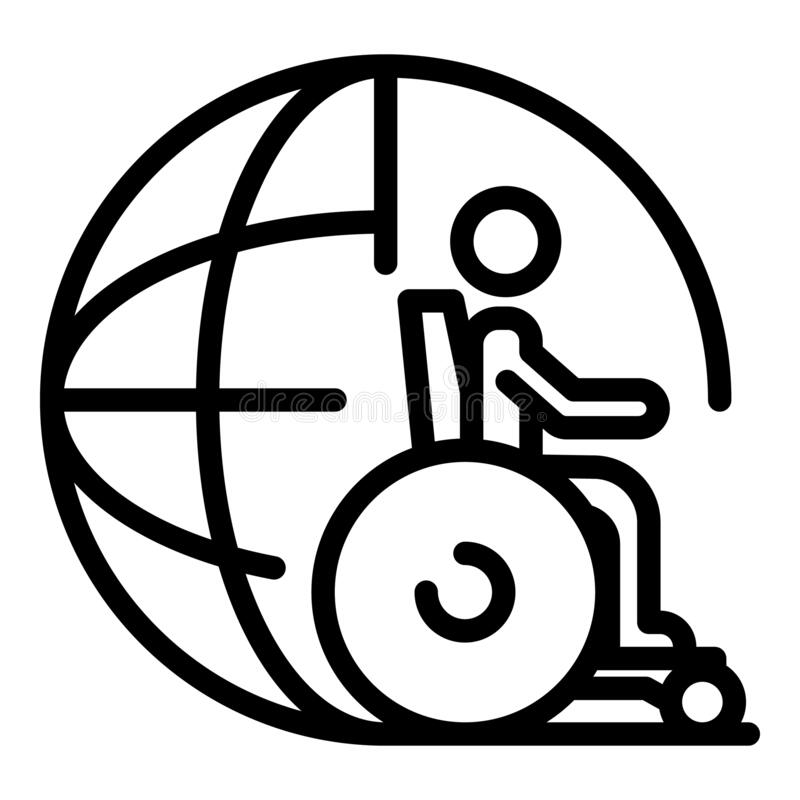
Education is a complex process that falls under various social, cultural and political realms;
In ISO 8402 it was defined as “the totality of features and characteristics of a product or service that bear on its ability to satisfy stated or implied needs”. Most entities concerned with quality of education agree on incorporating the following two dimensions that intersect with most philosophies and curricula:
• Improving cognitive skills of pupils to allow them to reach their fullest potential
• Nurturing stances and values central for responsible citizenship
‘The quality education is building cognitive skills and positive values that are aimed at expanding opportunities for a dignified life for all.’ Our definition positions education as a means for realising the noble goals of equity, peace and affluence. It also makes use of skills and connections to maintain human health and safety, as well as secure individuals’ rights to work and freedom.
The experience of Imam Sadr Foundation focuses on the concepts of education for all and quality education. The former is illustrated through examining our approach to providing education to the disadvantaged and vulnerable pupils. The latter is tackled through exploring quality education strategies that help these students become independent and socially-included.
